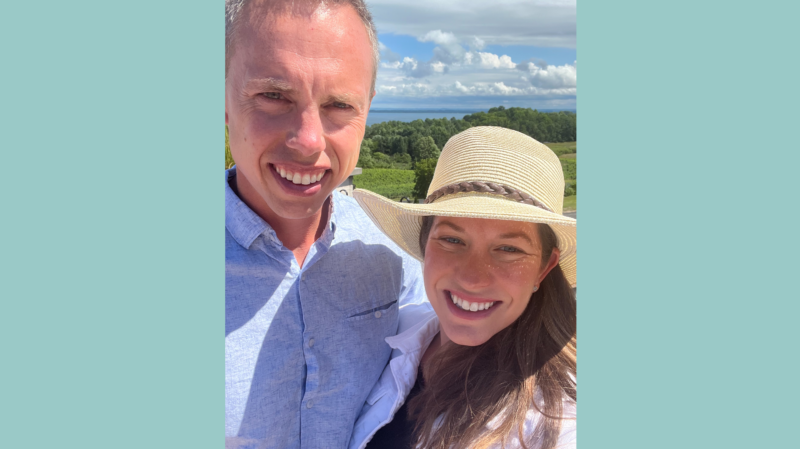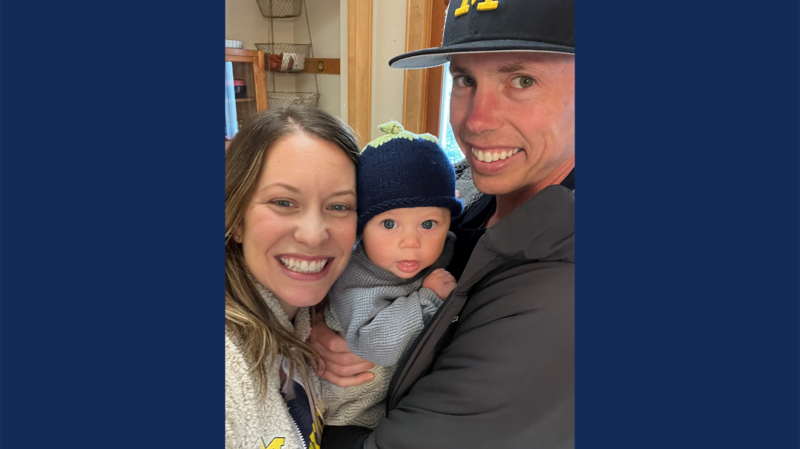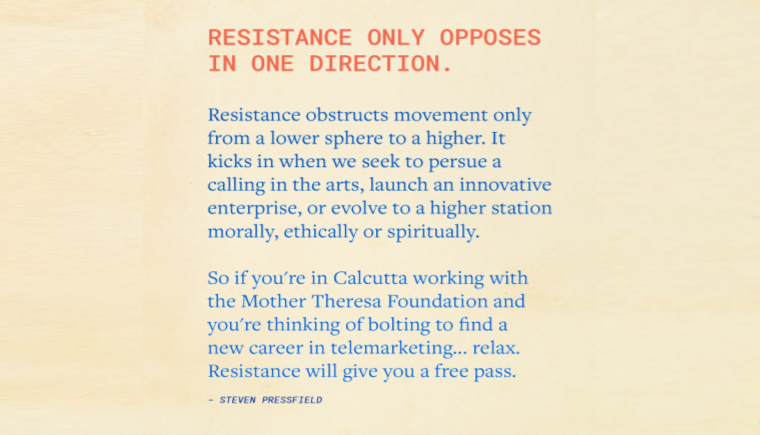
written by Angie Morgan & Courtney Lynch
Meg Jay, a clinical psychologist and professor at the University of Virginia, says many of us don’t. She attributes it to an “empathy gap.” Meaning it can be difficult for us to care about people we don’t know. Meg recently gave an interesting talk on the value of anticipating our future selves. She shares that our brains show that we think about our future selves similarly to how we think about strangers. And that’s where the empathy gap comes in, it can be difficult for us to care about a version of ourselves we haven’t met yet. The key is to close that gap and think about how we can be kind to, and better for, our future self by the choices we make today.
In the talk Meg shares insight from philosopher Derek Parfit, suggesting that we neglect our future selves due to some sort of failure of belief or imagination. In the context of what is feeling like a never ending pandemic, it might be good for all of us to spend a little time dreaming about our future. No matter our age, Meg encourages us to bring pen to paper and write down answers to specific questions about who our future self is. Consider who you’ll be five years from now. Or, if you want to be bold, think of who you are going to be a decade from now.
Reflect on:
- What do you look like?
- Who are you spending time with? (Perhaps adult children, grandkids, or longtime friends.)
- Where are you living?
- What type of work are you doing? Is it valuable? Enjoyable?
- What new or current hobbies will be a part of your life?
- How do you love spending your free time?
Once you have a picture of your future self, the important question becomes:
What does all this mean about what I should be doing now to best serve my future self?
This allows you to think about what it will take for you to be healthy and happy in future seasons of life. It also tees you up for identifying what you still want to get out of life and career. Meg suggests that once you’ve written down notes on who you want to be and what goals matter, you check in on those notes periodically to see if you are being true to your future self. Dreaming well is not just for the young, it’s important at each stage of our lives.
Looking for more leadership insights? Sign up for our free, weekly newsletter to get timely leadership tips delivered directly to your inbox each Monday.











































































